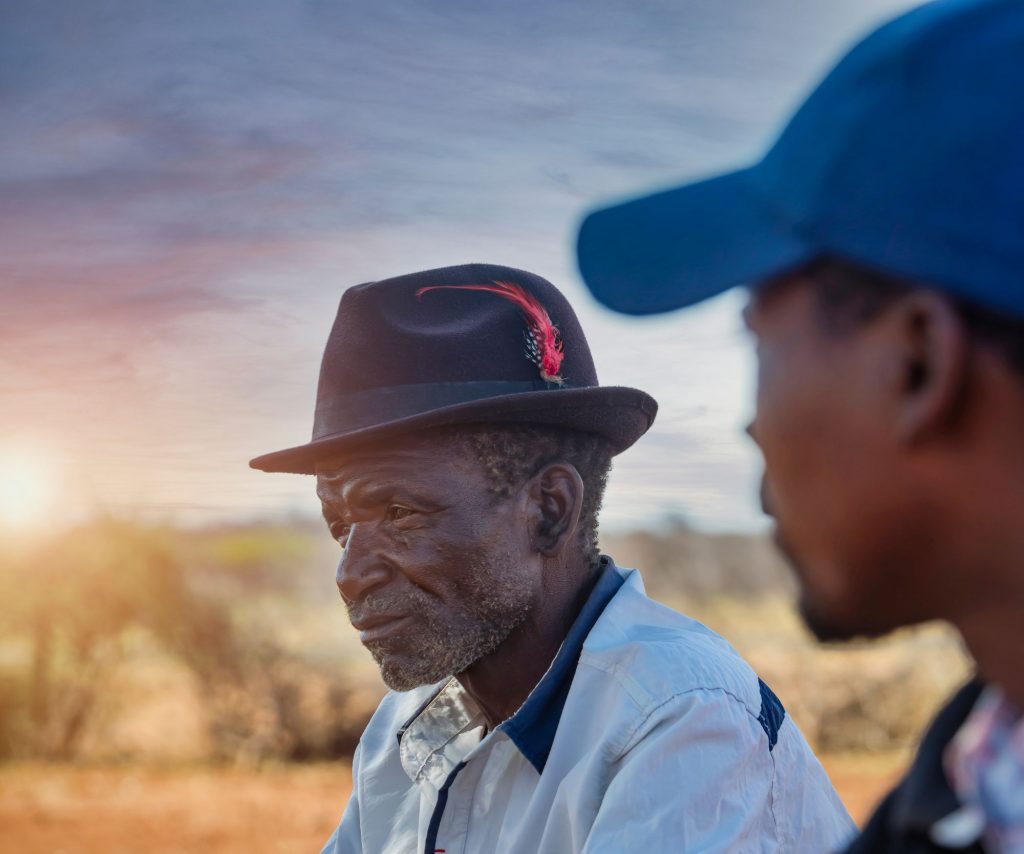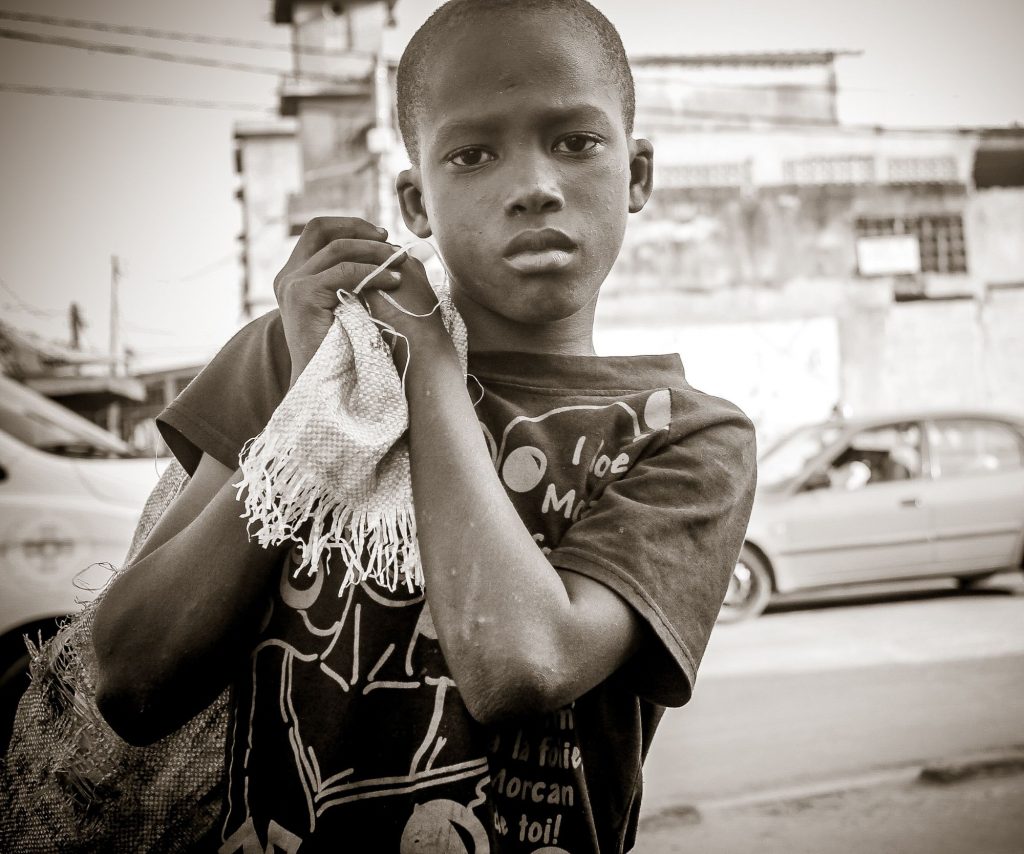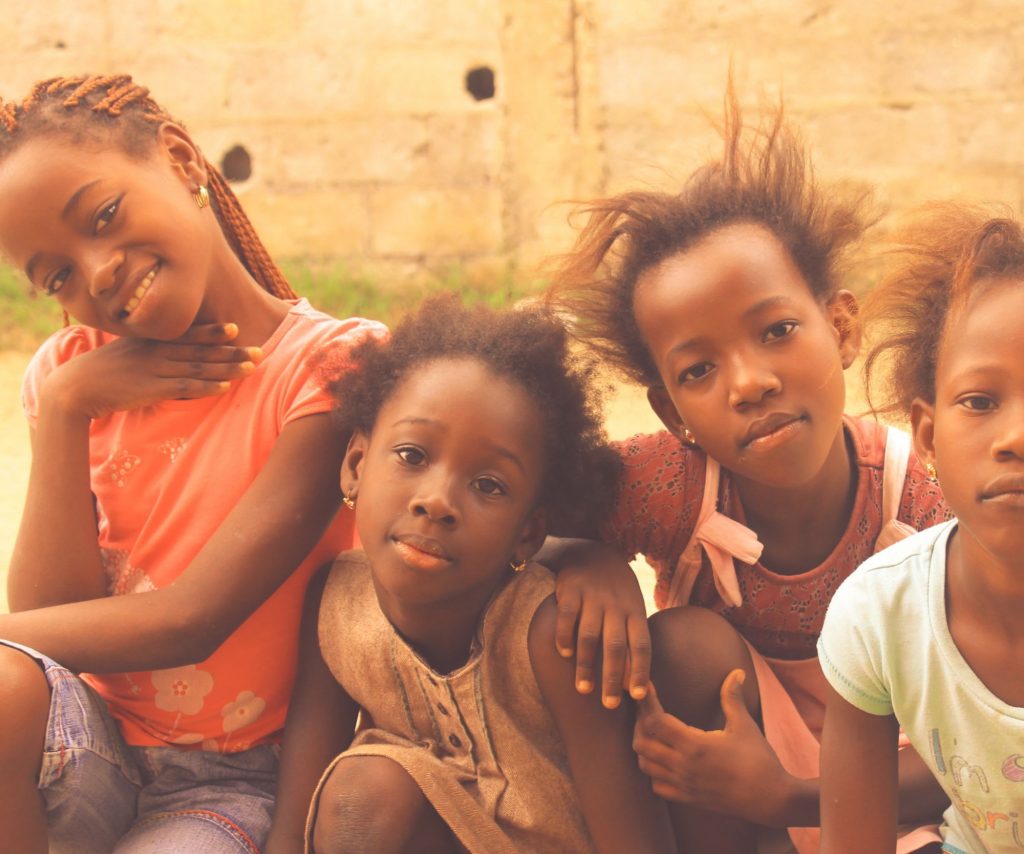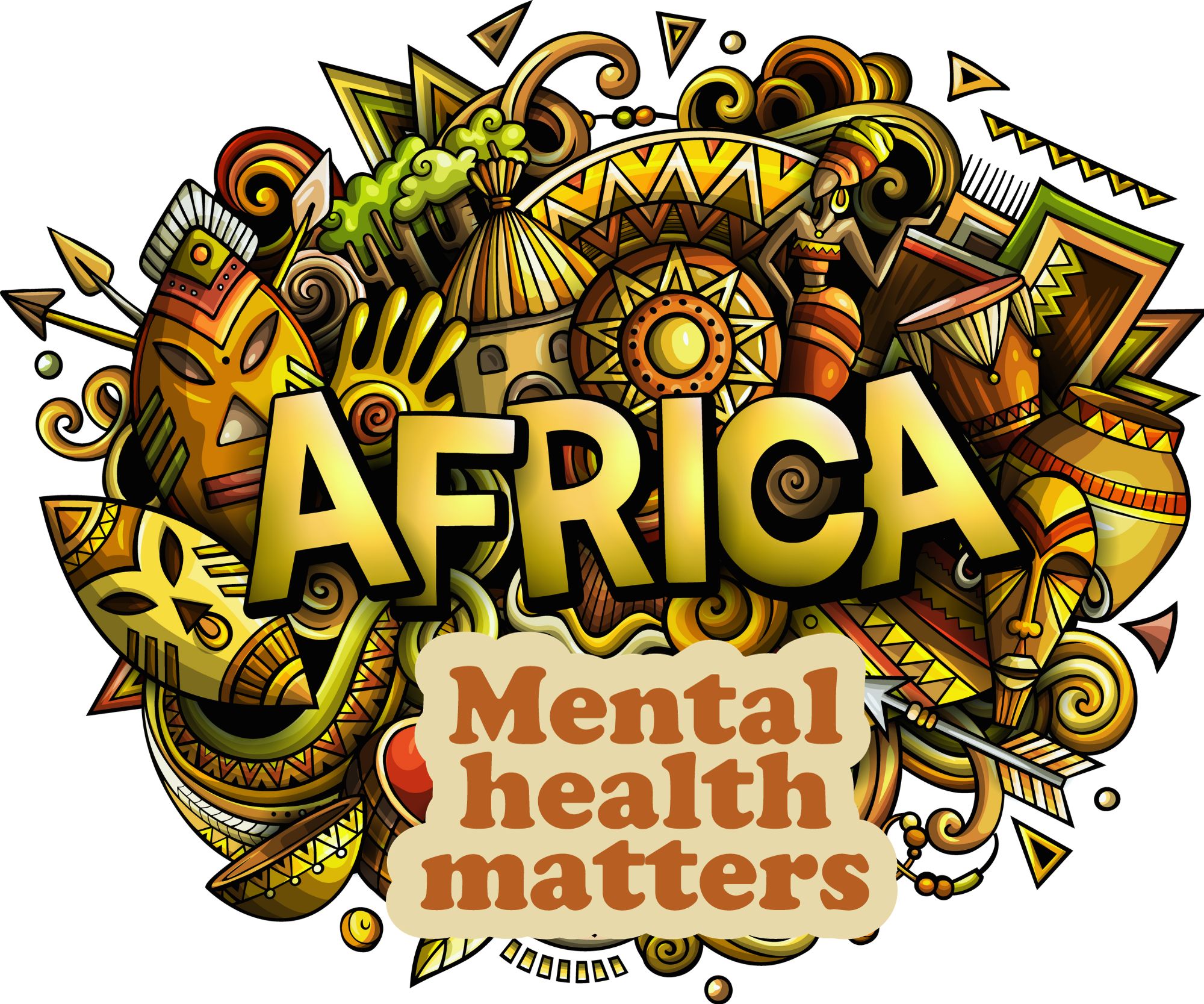In this article, we are going to explore the multifaceted approach required to understand mental health in an African Context,
A multifaceted approach is required to understand mental health in the African context, as we will explore in this article.
Even though mental health transcends all racial, regional, political, and social boundaries, it is important to take specific cultural and regional factors into consideration. The mental health issues in Africa can be complex and often impacted by social, cultural, and economic factors that are unique.
In many African countries, mental health has long been a stigmatised and overlooked issue. Cultural beliefs, traditions, and social norms often shape how mental health is perceived and treated. Terence V. McCann, in his article for BMC Psychiatry, noted that some Africans may be afraid of being viewed as weak or crazy due to mental health issues.
Due to the above and many other factors, addressing mental health in Africa requires a multifaceted approach.
- It involves raising awareness, reducing stigma through education, increasing investment in mental health services, and integrating traditional healing practices with evidence-based treatments.
- It’s essential to foster open conversations, promote understanding, and provide accessible and culturally sensitive mental health care to support the well-being of African individuals and communities.
- Mental health services should be tailored to the needs of individuals and cultures, and professionals should have access to adequate resources to ensure quality care.
Here are a number of the key areas associated with this subject
Stigma and Misconceptions

Mental health challenges are frequently stigmatised in African communities. There’s a tendency to associate mental illness with spiritual or moral failings, which can lead to social isolation and discrimination. This stigma can prevent individuals from seeking help, making it difficult to address mental health concerns openly.
Mental health professionals also face challenges in providing care to people with mental health conditions, as they are often unaware of traditional cultural beliefs and practices and lack the resources to provide adequate support.
Therefore, it is essential to create awareness and provide resources that can help to reduce stigma and improve access to mental health services.
Limited Resources
Many African countries face significant challenges in providing adequate mental health services. Limited resources, both in terms of funding and trained professionals, often result in insufficient mental health support. This lack of resources can hinder access to proper diagnosis and treatment.
This can have serious consequences for individuals and communities, leading to increased suffering, poverty, and crime. Mental health issues can also have a ripple effect on the economy, as individuals with mental health issues are more likely to be unemployed.
Traditional Healing Practices:
Traditional healers and herbalists are often sought out for mental health concerns. While traditional healing practices are deeply rooted in African culture and can be beneficial, they might not always provide comprehensive solutions for mental health disorders. Integrating traditional practices with evidence-based interventions is crucial for holistic care.
It is also important to ensure that traditional healers and herbalists are educated about mental health disorders in order to provide appropriate guidance and support.
Mental health professionals can also provide support to help traditional healers and herbalists understand the biological basis of mental health disorders and how to integrate traditional practices with evidence-based interventions.
Socioeconomic Factors

Poverty, unemployment, and economic instability prevalent in some African regions can contribute to chronic stress and anxiety, exacerbating mental health issues.
This lack of access to mental health services can lead to individuals feeling isolated and unable to cope with their mental health issues. As a result, individuals are more likely to turn to harmful coping strategies, such as substance abuse or criminal activity.
Additionally, access to education and awareness about mental health varies, influencing how communities perceive and respond to mental health problems.
Trauma from Conflict

Unfortunately, several African nations have experienced conflicts and displacement, leading to widespread trauma. Post-traumatic stress disorder (PTSD) and other trauma-related mental health issues are prevalent, affecting both individuals and communities. For example, in the Democratic Republic of Congo, PTSD is estimated to be up to three times more prevalent than in populations in other countries.
In a recent Journal in the National Library Of Medicine titled, ‘Mental health care in the city of Lubumbashi’, it was captured that Post-traumatic stress is proving to have a significant impact on the quality of life of individuals and communities, leading to a decrease in productivity and an increased burden on public services.
Additionally, these conditions can cause long-term psychological and social problems, such as an increased risk of suicide and substance abuse.
Resilience and Community Support
Despite these challenges, African communities often exhibit remarkable resilience. Strong community bonds and support networks can provide a foundation for healing and coping.

Harnessing this resilience is essential for mental health interventions. Mental health professionals should recognise the importance of these networks and work to build upon them. Mental health services should also focus on providing support that is accessible and appropriate for the specific needs of African communities.
Youth Mental Health
The youth population in Africa faces unique challenges, including high unemployment rates and limited access to education. These challenges can impact their mental health significantly, emphasising the need for targeted support and interventions for young people.

For instance, in South Africa, the government has implemented a youth development program that seeks to build the skills and capacity of the youth, as well as create employment opportunities (source).
In addition to helping the economy prosper, it will also reduce the number of young people joining gangs and getting addicted to drugs and alcohol.
To Conclude
Addressing mental health in the African context requires a multifaceted approach. It involves raising awareness, reducing stigma through education, increasing investment in mental health services, and integrating traditional healing practices with evidence-based treatments. It’s essential to foster open conversations, promote understanding, and provide accessible and culturally sensitive mental health care to support the well-being of individuals and communities in Africa.


Leave a Reply